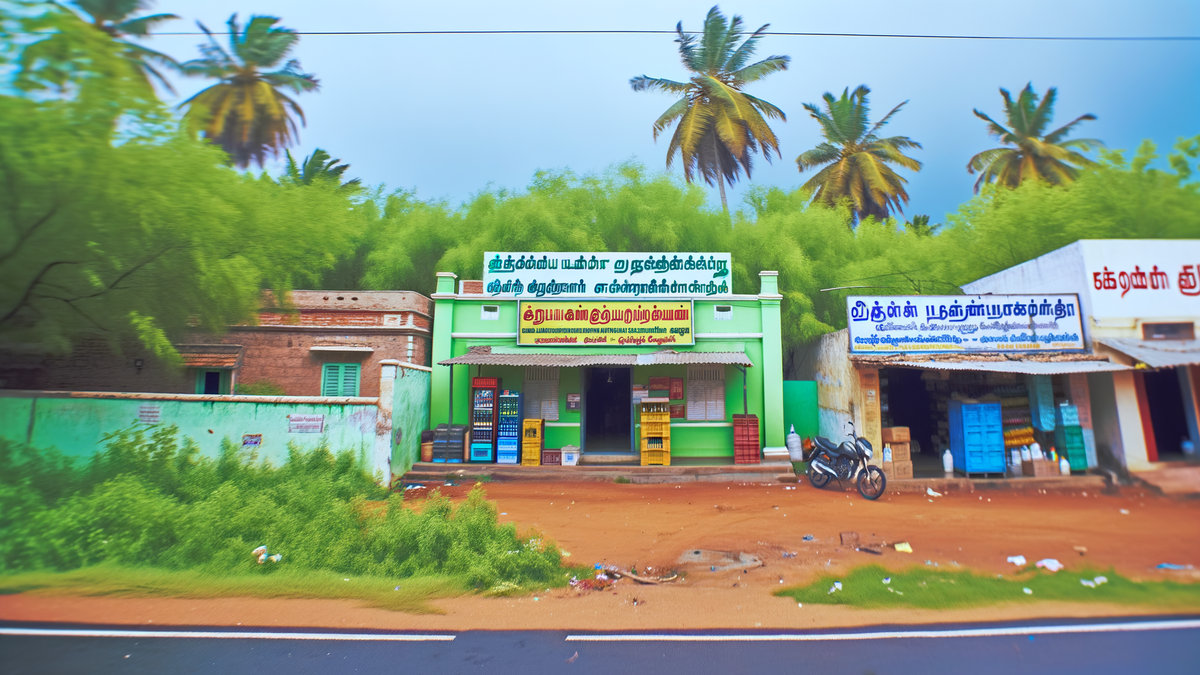
In the political landscape of Tamil Nadu, the Tamil Nadu State Marketing Corporation (TASMAC) has been a topic of enduring controversy and debate. Established in 1983 with the objective of eradicating the sale of illicit liquor in the state, TASMAC became the sole wholesale and retail vendor of alcoholic beverages in Tamil Nadu by 2003. Over the years, successive governments, irrespective of their political affiliations, have relied on TASMAC not only as a significant source of revenue for the state’s exchequer but also as a financial linchpin for political and electoral activities. This nexus between politics and liquor sales in the state has stirred much public discourse and concern.
TASMAC’s contribution to the state treasury is staggering, accounting for a substantial portion of its own revenue. For a state that battles with fiscal deficits, such income is vital for funding developmental and welfare schemes. However, critics argue that this reliance on liquor sales for revenue generation has ethical and social ramifications. The monopoly has often been accused of being a convenient mechanism for successive governments to siphon funds to support party activities and manage electoral campaigns, raising questions about governance and transparency in the state.
The debate around TASMAC has also highlighted the social impact of liquor consumption on the state’s population. Activists and social workers argue that easy availability of alcohol through the TASMAC outlets has led to increased alcoholism, affecting the social fabric and contributing to a rise in domestic violence and health-related issues. These concerns have prompted calls for better regulation, transparency in operations, and even the complete prohibition of liquor sales in the state.
The political discourse surrounding TASMAC has seen various parties swing between calls for total prohibition to advocating for better regulation. For instance, ahead of the 2016 state assembly elections, the then opposition party, DMK, promised a phased prohibition of alcohol as a part of its manifesto, a move seen by many as an attempt to garner public support. However, the challenges associated with enforcing prohibition, including the potential for the rise of illicit liquor trade and loss of state revenue, complicate straightforward solutions.
The recurrent debate on the role and future of TASMAC in Tamil Nadu underscores a critical conflict between ethical governance and economic pragmatism. While the revenue from liquor sales plays a crucial role in the state’s economy, the societal costs and governance concerns associated with this monopoly continue to elicit strong opinions and demand actionable reforms. As Tamil Nadu navigates these challenges, the discourse around TASMAC remains a testament to the complex interplay of politics, economics, and social ethics in the state’s policy-making processes.









